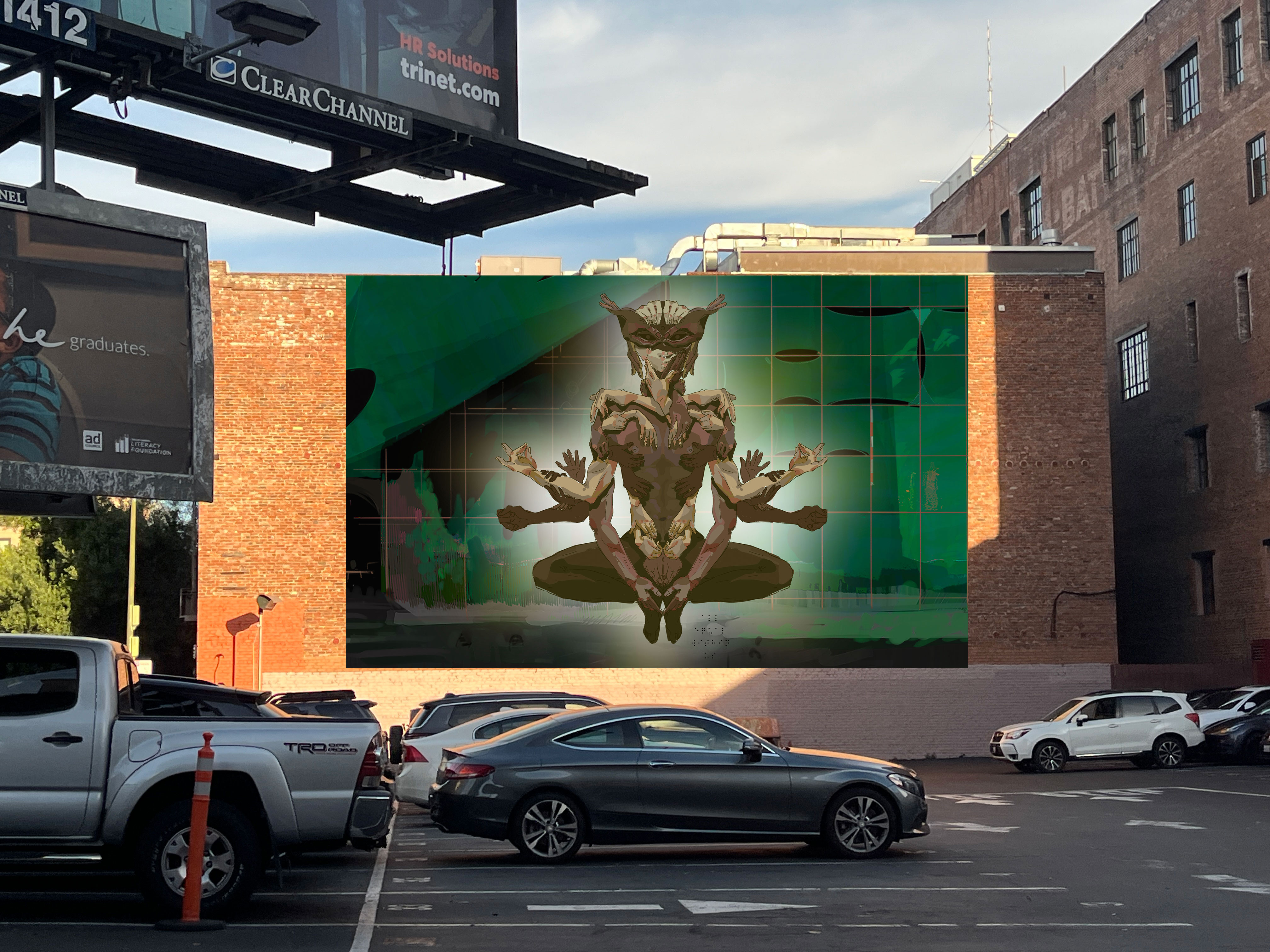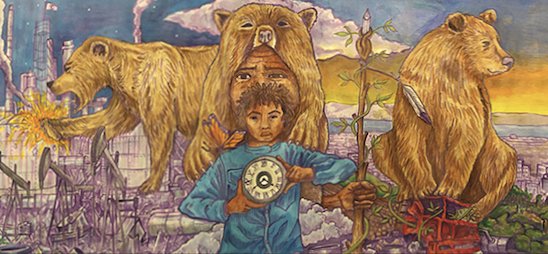
- Instructor: Jack Leamy
Comics are a unique medium, telling stories by merging image and text. In this course, we will explore how comics can be utilized to represent people of color. Comics are well-suited to the task of engaging with race because of their inherently visual nature. Although race is at its core a social construction, racism and its ramifications are all too real for those who are subject to it. At the same time, positive representations serve to expand the cultural landscape by decentering the traumatic aspects of life for racially marginalized people.
We will critically analyze approaches that comic creators use to depict subject matter including stereotypes, colonization, immigration, gentrification and colorism. The assigned readings will broach a wide variety of genres and lived experiences. Students will create comics that tackle any number of subjects relating to race, culminating in a final project that integrates the content shared in class, including comics theory and process.
We will critically analyze approaches that comic creators use to depict subject matter including stereotypes, colonization, immigration, gentrification and colorism. The assigned readings will broach a wide variety of genres and lived experiences. Students will create comics that tackle any number of subjects relating to race, culminating in a final project that integrates the content shared in class, including comics theory and process.
- Instructor: Gaia WXYZ

MAPPING CHANGE explores the intersections of art and cartography while examining the cultural, social, and political dimensions of mapmaking. Students work towards creating a collective interdisciplinary map of change within the neighborhoods they have called home, navigating how these narratives have continued to shape and inform their identities and define their positions within a global context. Investigating a broad range of systemic challenges including displacement, gentrification, pollution, inequity, healthcare, cultural identity and community, each student creates a literal or conceptual map that interweaves histories of the land with layered stories of its people. Critical Ethnic Studies 3000-level studios deepen students’ knowledge of the fundamental theoretical and political questions regarding the social construction of race, ethnicity, gender, sexuality, class from both domestic and global perspectives through art, writing, and design practices. The seminars utilize decolonial, transnational, and intersectional approaches for producing works related to power, oppression, and systems of knowledge from the following interdisciplinary fields of critical ethnic studies, Africana studies, African-American Studies, Asian American studies, Indigenous studies, Chicano/a /x and Latino /a/x studies, Women’s studies, border studies, cultural studies, Queer studies and global racialized and marginalized communities. Studio courses bridge the gap between seminar and studio courses and can be in-person, hybrid, or online.
- Instructor: Taraneh Hemami

What does it mean to prioritize care in your practice? In the face of continued anti-trans discrimination, how can we envision a caring future for all? In this course, we will delve into the concepts of creative forms of protest, disruptive acts of rebellion, and artistic expressions that contribute to a profound understanding of collective care.
Throughout the semester, we will examine the intersections of the Trans Liberation and Disability Justice movements, while establishing a strong foundation in the history of revolutionary organizing and rebellions that have propelled our society forward. We will draw insight from the works of various writers, artists, and organizers, including but not limited to Jack Halberstam, Paul B. Preciado, Miss Major, Leah Lakshmi Piepzna-Samarasinha, Susan Stryker, Marquis Bey, Tourmaline, Judith Heumann and Chris Vargas. Additionally, we will explore contemporary art practices that emphasize mutual aid, collective power and a commitment to looking out for each other.
This interdisciplinary course will encourage collaborative projects with your peers. It provides an opportunity for students to enhance their creative practice in innovative, sustainable, and purposeful ways. Through readings, assignments, site visits, and collaborative efforts, we will engage in public art, visual thinking, and creative production. Students are encouraged to evolve their practice with a profound grasp of positionally, care and intention.
Throughout the semester, we will examine the intersections of the Trans Liberation and Disability Justice movements, while establishing a strong foundation in the history of revolutionary organizing and rebellions that have propelled our society forward. We will draw insight from the works of various writers, artists, and organizers, including but not limited to Jack Halberstam, Paul B. Preciado, Miss Major, Leah Lakshmi Piepzna-Samarasinha, Susan Stryker, Marquis Bey, Tourmaline, Judith Heumann and Chris Vargas. Additionally, we will explore contemporary art practices that emphasize mutual aid, collective power and a commitment to looking out for each other.
This interdisciplinary course will encourage collaborative projects with your peers. It provides an opportunity for students to enhance their creative practice in innovative, sustainable, and purposeful ways. Through readings, assignments, site visits, and collaborative efforts, we will engage in public art, visual thinking, and creative production. Students are encouraged to evolve their practice with a profound grasp of positionally, care and intention.
- Instructor: Marcel Pardo Ariza


